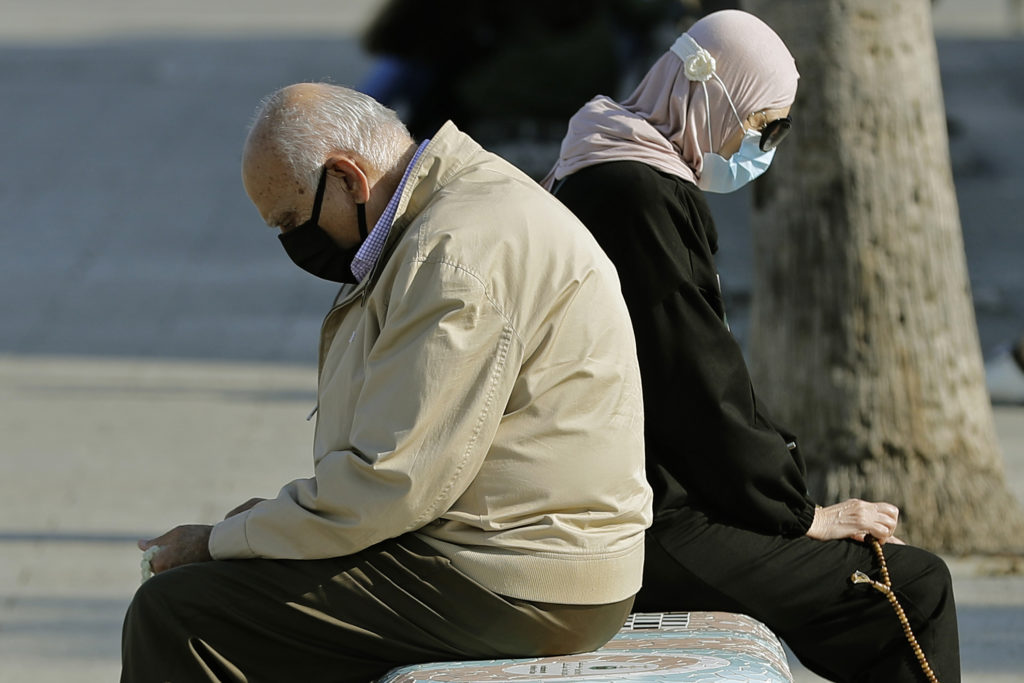São Paulo – Lebanon is starting to experience a new emigration wave, according to Brazilian researcher and author Roberto Khatlab, who directs the Latin American Studies and Culture Center (CECAL) of the Holy Spirit University of Kaslik (USEK), Lebanon. Khatlab addressed the subject during a webinar hosted by the Arab House of the Arab Brazilian Chamber of Commerce (ABCC) on Monday (30).

In the virtual event, immigration scholars analyzed a survey carried out by Ibope Inteligência and H2R Pesquisas Avançadas, which pointed out that Brazil has around 12 million Arabs and descendants, accounting for 6% of the country’s population. Khatlab talked about the reasons for immigration and the current situation.
“Now we are seeing a new emigration wave from Lebanon,” Khatlab said. Lebanon has experienced a long period of economic and political instability. “Since 2018 the situation hadn’t been well, then it got worse in 2019, and now since the pandemic we have seen a great wave of emigration,” he said. Khatlab sees a brain drain, a flight of youth and professionals that could contribute for the country’s renovation.
Khatlab pointed out that conflicts and wars, as wells as epidemies and agreements between governments, have driven the Arab immigration to Brazil throughout history. But he believes that immigrants established in other countries should help their birth country, including by making the younger generations remain in the country.
Khatlab made a journey through history and pointed out that Dom Pedro II, who penned agreements between the Empire of Brazil and the Ottoman Empire fostering the Arab immigration to Brazil. The agreement made it easier for immigrants to come into Brazil. The researcher mentioned other treaties, such as the one during the French mandate in Lebanon and Syria and the Republic in Brazil that encouraged immigration.
Arab House and immigration

The virtual event about immigration was the first one hosted by the Arab House, which started operating with online activities. Khatlab said he believes the Arab House will be a space for spreading the information collected during the survey. ABCC president Rubens Hannun opened the event by presenting the Arab House and talked about the various materials it will bring together, from exhibitions to libraries, movies, webinars, as wells as training activities, among others.
The Arab House aims at becoming a space for debating and reflecting on Arab immigration in Brazil. The survey commissioned by the ABCC showed a series of information, which H2R Pesquisas Avançadas director Alessandra Frisso pointed out.
You may also enjoy reading:
- Arabs, descendants are 6% of Brazil’s population: survey
- Arab descendants: 41% are third-generation immigrants
- Ten pct of Brazil business leaders are Arab or descendants
It showed information about the generations of Arabs in Brazil, their connection to the Arabic, the continuity of customs, the profile of Arab and descendant corporate leaders, their connection with the Arab world, schooling, income, and other information. “We all gained from the survey,” Friso said.
Mansour from Egypt

ABCC secretary-general Tamer Mansour of Egypt gave his testimonial during the event and said he saw himself represented in the survey. Mansour has lived in Brazil for 18 years. “That’s how our life is like in the Arab countries,” he said about the findings on the mastery of Arabic and dedication to work. “That’s our life, providing a great education for our children is a sacred rule,” he said.
According to the secretary-general, the ABCC saw the need to rebuild the image of the Arabs in Brazil, which started being done by carrying out the survey. “The Arabs taught Brazilians how to trade,” he said, pointing out the diversity of factors that represent them, such as the pioneering spirit.
Translated by Guilherme Miranda




